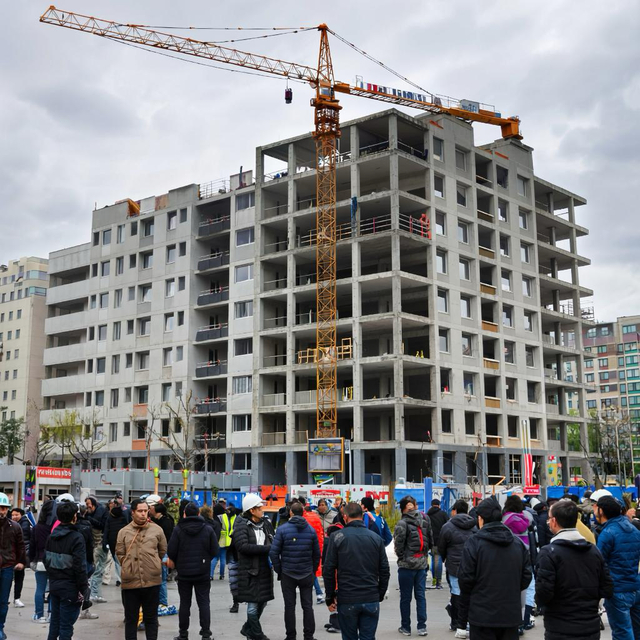Developers have received a delay in the payment of penalties to shareholders

The State Duma has approved a law granting developers a delay in paying penalties to equity holders until the end of 2025. This decision raises serious concerns, as it may worsen the problems of defrauded shareholders and reduce the responsibility of developers. Key provisions of the law: 1. Deferral / installment payment of a penalty – developers can postpone the payment of fines and penalties for late delivery of housing until December 31, 2025. 2. Automatic renewal – if the company already has a delay until June 30, 2025, it will be extended until the end of the year without additional court appeals. 3. The court is not required – the debtor, the recoverer or the bailiff can initiate a deferral through the court, but developers get ample opportunities to delay payments. Why is it dangerous for shareholders? Reducing incentives for developers – the penalty was one of the few levers of pressure on developers, forcing them to meet deadlines. Now this mechanism is weakened. The risk of further delays is that if the developer knows that fines can be avoided, he has less motivation to complete the facility on time. Difficulties with compensation for losses – shareholders can recover only actual losses (for example, rental housing), but not lost profits or rising prices for finishing materials. Many experts believe that the penalty was an effective tool motivating developers to rent houses on time. Now this mechanism has actually been abolished, and alternative methods of recovery (for example, damages) are more difficult to prove in court. The context This is not the first benefit for developers – previously, the moratorium on fines was extended several times (in 2022, 2023, 2024). Now it has been extended until the end of 2025. Conclusion The law benefits developers, but worsens the situation of shareholders. In the context of a crisis of confidence in shared-equity construction, such a measure can lead to new waves of deceived investors and frozen construction projects. The government continues to support developers, but it does not always effectively protect the rights of citizens. What should shareholders do? Monitor the progress of construction through the registry of problematic objects (Ministry of Construction). Consider alternative lawsuits (recovery of damages, termination of the contract with a refund). To unite with other shareholders for collective appeals to the prosecutor's office and the courts. Time will tell whether this will contribute to the completion of long–term construction or only worsen the situation.
Added: 23.07.2025
View count: 2164
